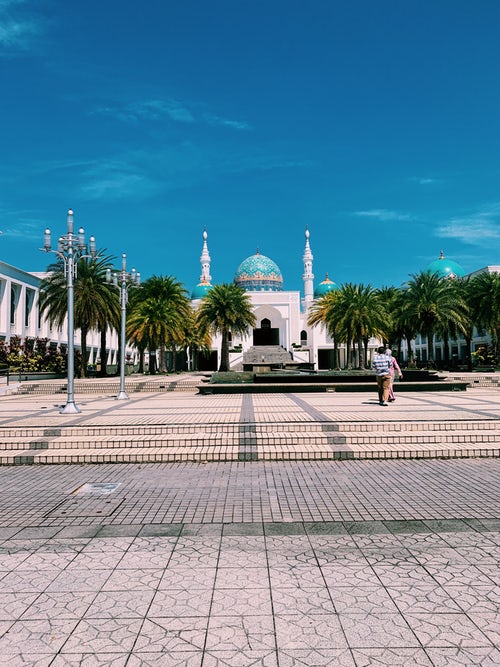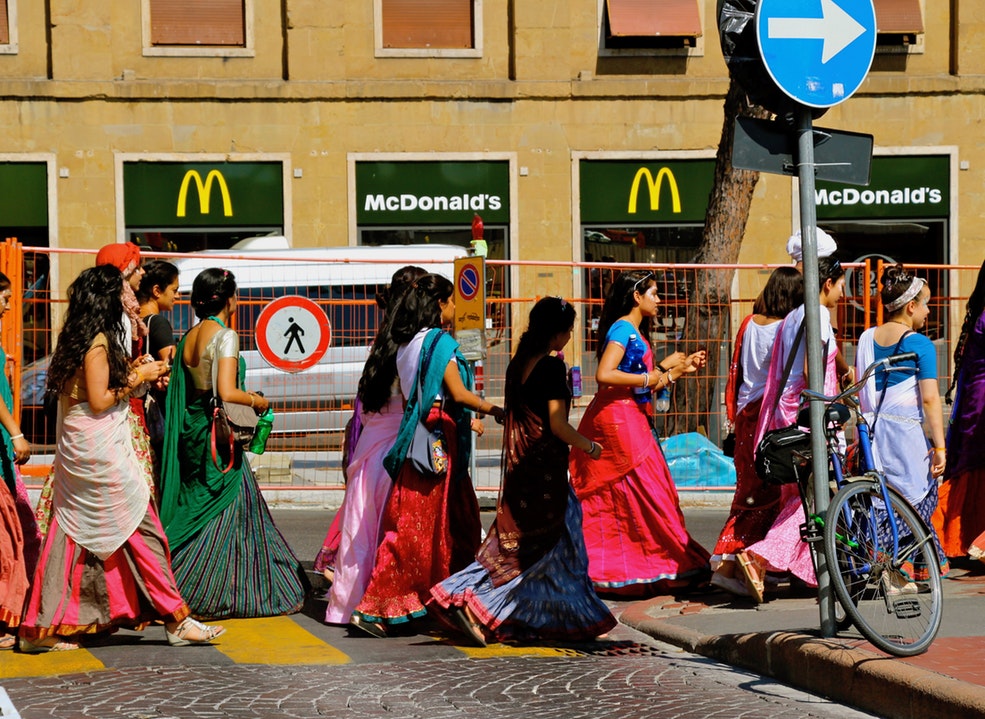An Islamic Obligation or Customary Tradition?By Denise Noe for SiA Magazine (www.siamagazine.com) “I think it's important for [female circumcision] to be mandatory as they have done in Malaysia. It is like prayer, you have no choice but to do it, and you can take comfort from the fact that it is so good for you. I really envy our Malaysian sisters. They can simply walk into any of a hundred clinics and get themselves or their daughters circumcised with excellent medical attention, caring staff, clean environment and super anesthesia where you hardly feel a thing. They are very careful in what they remove and have guidelines to take off only the ring of skin surrounding the clitoris like in little boys. One sister living there told me healing is very fast. She was able to walk slowly shortly after the operation to get into her husband's car instead of being carried and it took only about two days to completely heal. What a lovely place for a Muslimah to be!” Kubra Jawher, a Sri Lankan housewife and pro-female circumcision activist in a facebook post on May 18, 2019 The Southeast Asian country of Malaysia boasts of a very diverse population of 31.6 million people, 50% are ethnically Malay, 24% are Chinese, 11% are indigenous peoples (called “Orang Asli” for “Original People”), and 7% are Indian. The nation is 60% Muslim, 20% Buddhist, 10% Christian, and 6% Hindu. Some authors have noted that while the majority Muslim ethnic Malay are dominant politically, and benefit from positive discrimination in business, education and the civil service, the large ethnic Chinese minority holds economic power. Malaysia is a constitutional monarchy with a multi-party system and free elections. The nation has become increasingly urbanized since the mid-20th Century but about one-fourth of its population remains rural. Malaysia’s economy has been transformed since 1970 from one based primarily on the export of raw materials to one that is among the strongest, most diversified, and fastest growing in Southeast Asia. The country is a major producer of rubber and palm oil, exports petroleum and natural gas as well as commercial hardwoods. Malaysia has a rich cultural life, much of which revolves around the traditional festivities of its diverse population celebrating major life events such as births, weddings, and circumcisions for both genders. That’s right, circumcision exists for both genders at least among the vast Muslim population of the Malay. According to one study, 93% of Malaysian Muslim women had been circumcised. Traditionally, the procedure was performed by practitioners called Ma Bidans. However, as the country has urbanized, it is increasingly done by medical professionals. Many opponents of female circumcision do not consider this kind of medicalization progress. Syarifatul Adibah, Senior Program Officer at Sisters in Islam, an anti-Female Genital Mutilation (FGM) organization observed that if “you medicalize it, this means you’re OK with it.” What is the “it”? How is female circumcision performed among Malay women? Is it an Islamic obligation? "We are not Africa"! “We are not Africa”! Defenders of female circumcision in Malaysia are quick to assert that their own practice is much different from the extreme form, such as infibulation or stitching together the labia majora, that prevails in some parts of the horn of Africa - for instance Sudan, Somalia, and Ethiopia. Malay women practice the mildest forms of female circumcision, which can be classified as falling within WHO Type IV, a tiny nick to the clitoral foreskin or prepuce or Type Ia, which involves the removal of part or all of the foreskin. Most observers agree that Malay female circumcision does not affect the actual clitoral glans or structure. A 1999 study conducted in Kelantan, found that nearly all women were circumcised during infancy (usually 40 days after birth) and that the procedure involved a tiny nick to the prepuce that produced no visible scarring or alteration to the prepuce and clitoris. There were no long term effects and the women themselves viewed the procedure as harmless. Nearly all the women in this study reported that female circumcision was strongly recommended (sunnah) and a few believed it was not just recommended but absolutely obligatory (wajib). There are currently no laws banning female circumcision in Malaysia. Islamic authorities are divided as to how female circumcision should be regarded. In 2009, Malaysia’s National Fatwa Committee of the Malaysian National Council of Religious Affairs issued a ruling that stated female circumcision was not only recommended, or sunnah, as many had traditionally assumed, but wajib for Muslim women. Almost a decade later, in 2017, the Perlis Fatwa Committee stated that circumcision is obligatory for males but only recommended for females. There are experts on Islam in Malaysia who believe female circumcision should be considered forbidden. Among them is Mohammed Hashim Kamali, founding Chief Executive Officer of the Advanced Islamic Studies (IAS) Malaysia, who contends, “female genital mutilation [is] forbidden in Islam” because “harm outweighs its benefit.” But where is the harm in a tiny nick during infancy that leaves no telltale sign of any kind of surgery or intervention on the clitoris and foreskin itself and has no lasting physical effect on women’s sexual or reproductive health? In the next issue of SiA Magazine's special edition on South and Southeast Asia, find out how this practice is becoming more popular and how those who operate female circumcision clinics are boldly advertising their services on the internet! Why do FGM activists or female circumcision opponents say it is the “ideology” behind the practice that is harmful for women even if the procedure appears to be harmless? How do Malay women on the internet talk about female circumcision and what do they say about female sexual pleasure, which seems to be an obsession of western observers and FGM activists? Read part II the full feature on Female Circumcision in Malaysia in SiA Magazine’s special summer edition.
0 Comments
Your comment will be posted after it is approved.
Leave a Reply. |
Archives
March 2024
Categories
All
|







 RSS Feed
RSS Feed